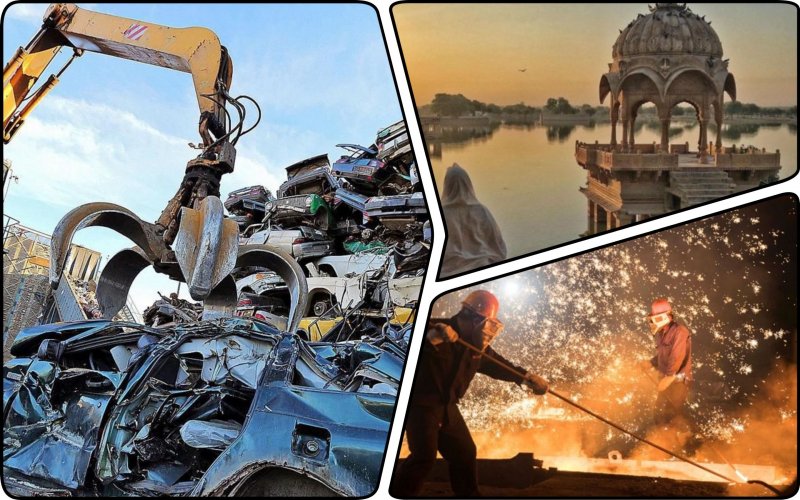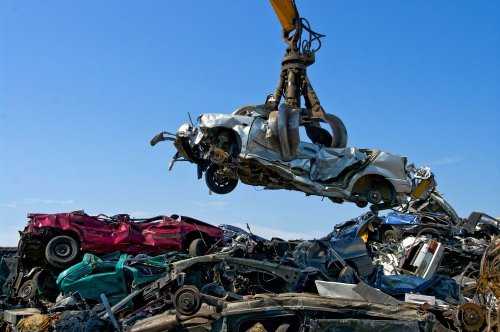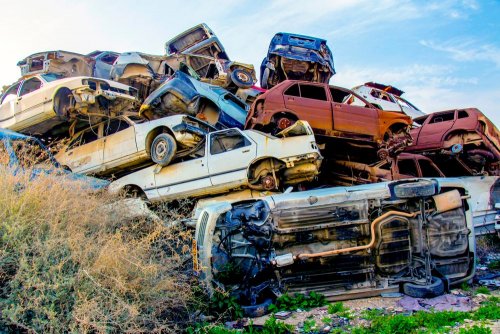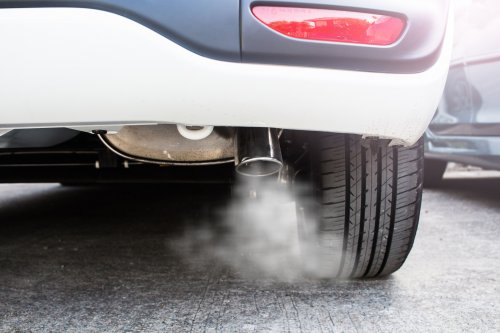The Indian government has approved 86 applications for registration of vehicle recycling and salvage facilities (RVSFs), of which 43 are already operating and the rest are expected to start operating in the near future.
Over the past 6-7 months, the number of registered vehicle recycling facilities has increased by more than 50%, SteelMint reports.
It is noted that in India, the national vehicle recycling policy was introduced in August 2021, which came into force in August 2022. It aims to gradually decommission unserviceable vehicles that pollute the environment and promote a circular economy.
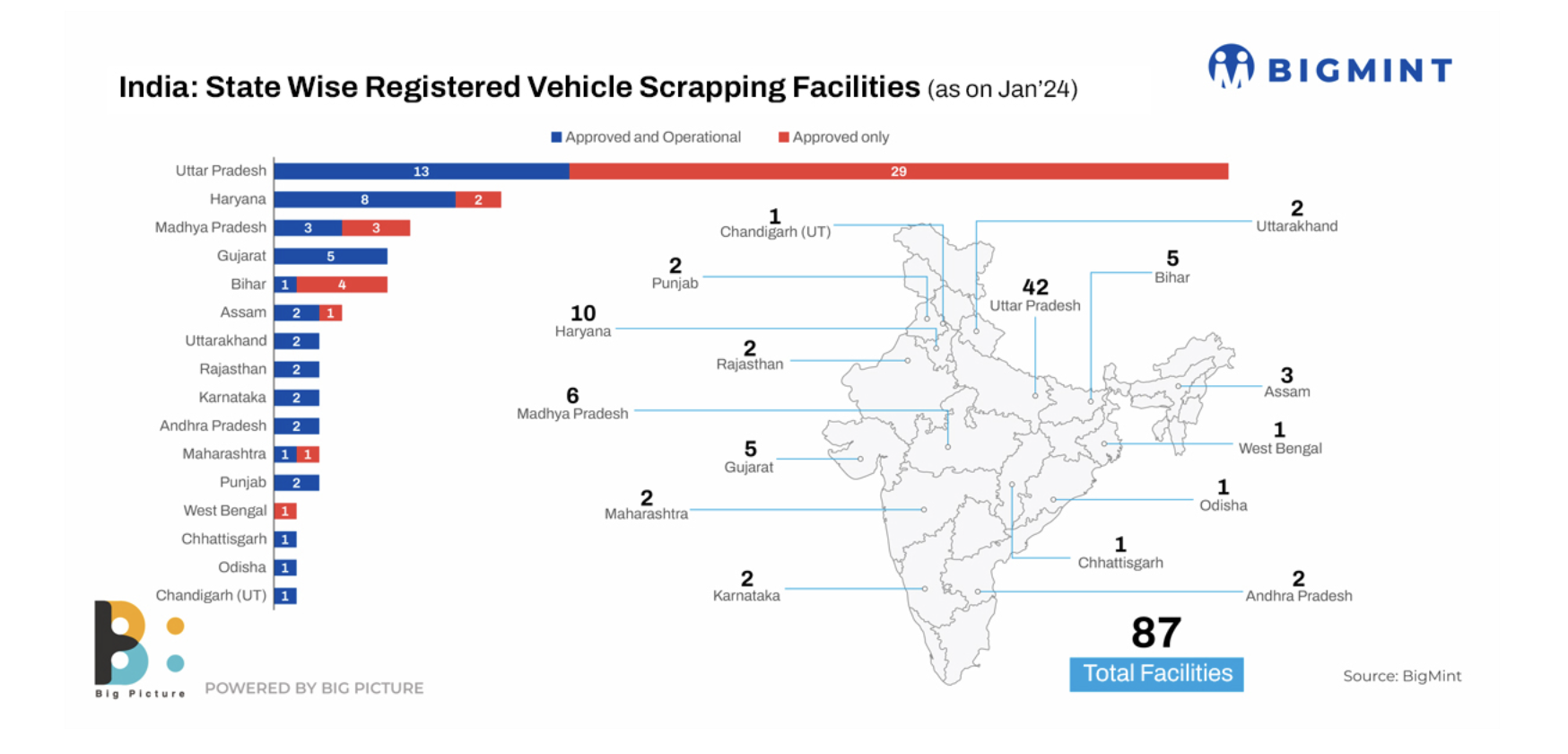
Thus, passenger transport over 20 years old and commercial transport over 15 years old must pass a test for suitability and intensity of emissions. Without this procedure, the car will lose its registration and will be recommended for disposal.
According to the Ministry of Road Transport and Highways, in August-December 2022, 372 applications for the disposal of vehicles were received, of which 354 were accepted. In 2023, this figure amounted to 20,821 applications, of which 19,398 were accepted.
The article said that such an initiative offers car owners certain incentives, in particular:
- the cost of scrap from an old car provided by a recycling center is 4-6% of the price of a new car in the salon;
- transport tax relief in the amount of up to 25% for non-transport vehicles and up to 15% for transport vehicles;
- exemption from paying the registration fee when buying a new vehicle for a certificate of deposit (CD);
- automakers are recommended to provide a 5% discount on the purchase of a new vehicle for a certificate of deposit.
It is highlighted that the Indian end-of-life vehicle (ELV) industry is slowly becoming a formal, automated and mechanized sector with the emergence of OEMs. There are currently two OEM-supported plants operating in the country:
- Mahindra CERO with a current capacity of around 50,000 vehicles per year. By 2025, the company plans to expand capacity to over 600,000 units in 25 different cities;
- Maruti Suzuki Toyotsu India – about 25,000 cars per year.
In addition, Tata Motors plans to build two factories with the capacity of processing 35 and 36 thousand cars per year.
It is noted that in 2021, about 26.5 million tons of scrap ferrous metals were produced in India, of which 30% accounted for end-of-life vehicles, that is, about 8 million tons. India's ferrous scrap production from ELV is projected to reach:
- 4.6 million tons in fiscal year 2023;
- 5.3 million tons by 24-25 financial years;
- 7.3 million tons by 29-30 financial years.
By 2030, ELV recycling is expected to cover up to 30% of household scrap.
Earlier, EcoPolitic wrote, that Ukraine there is no policy and the necessary infrastructure for the processing of end-of-life vehicles. The project of the national waste management plan until 2033 provides for the formation of state policy within a year after the adoption of Law No. 2320-IX "On Waste Management" (effective from July 9, 2023). The creation of the necessary infrastructure for the assembly and processing of such cars is planned for 2024-2030.
As EcoPolitic reported earlier, according to the Institute of Car Market Research, as of 2021, Ukrainians will stop regularly operating about 600,000 cars. However, where and how they "end" their lives is unknown.

